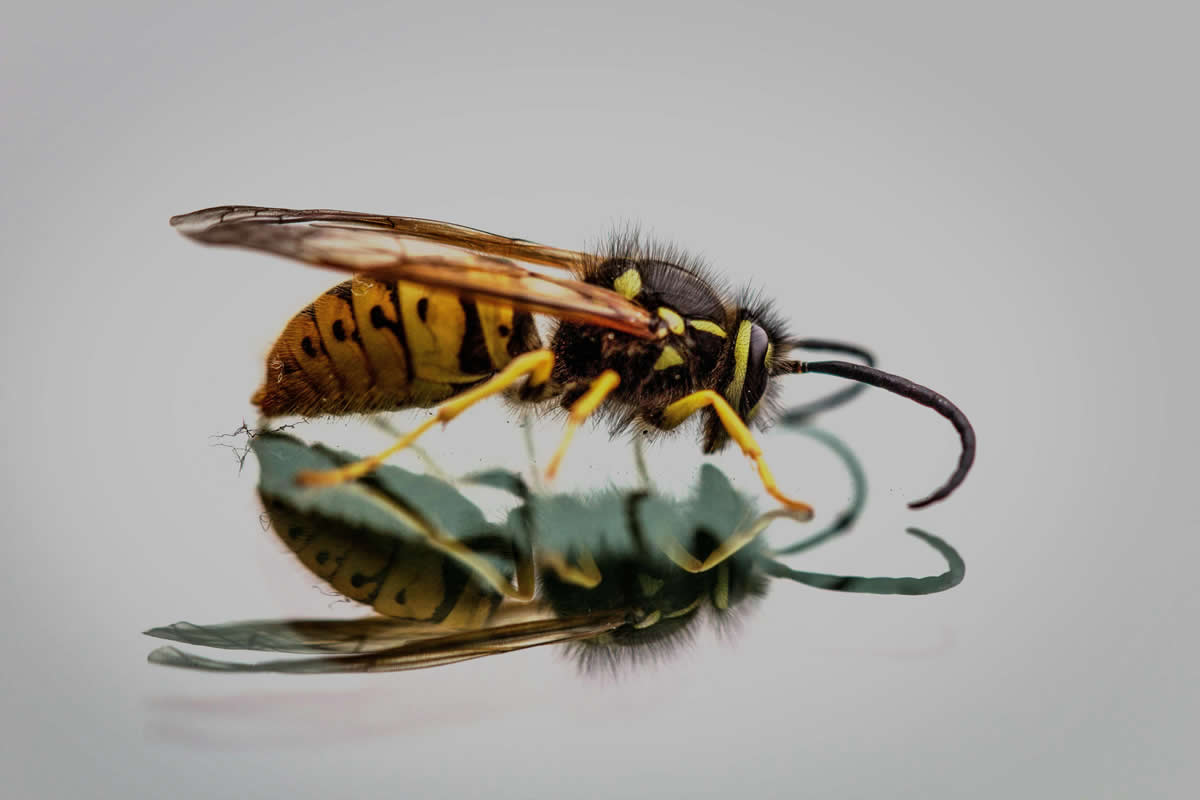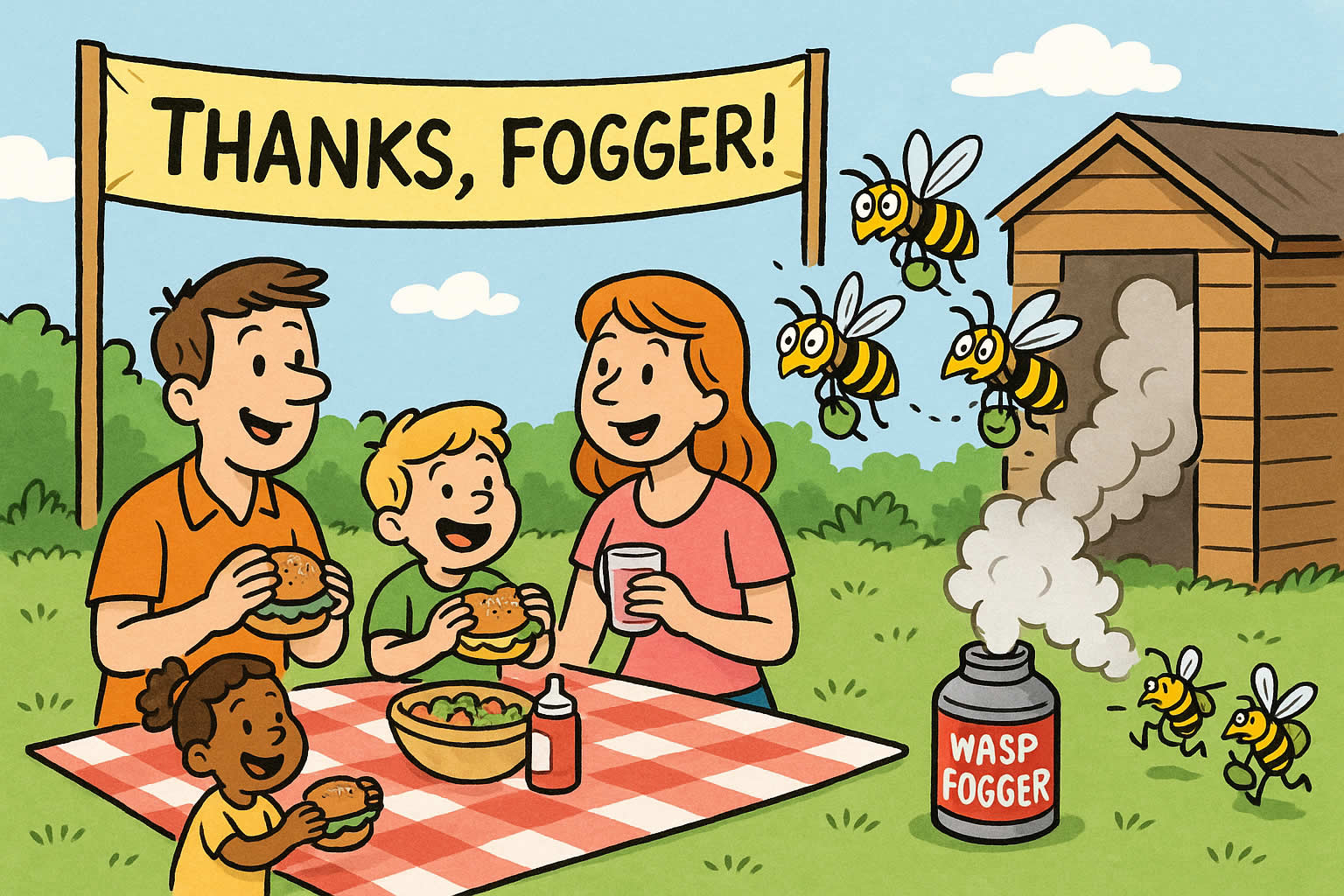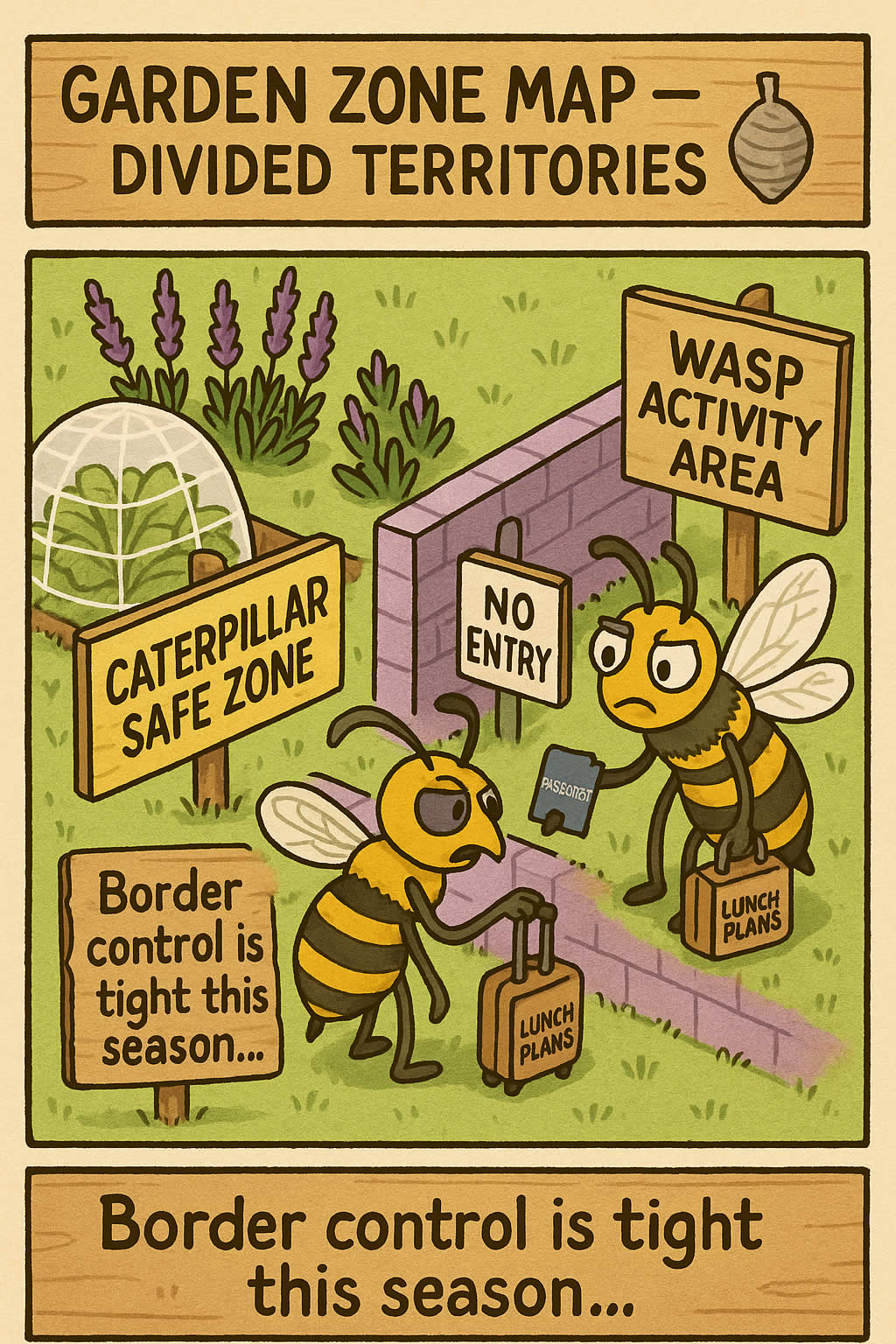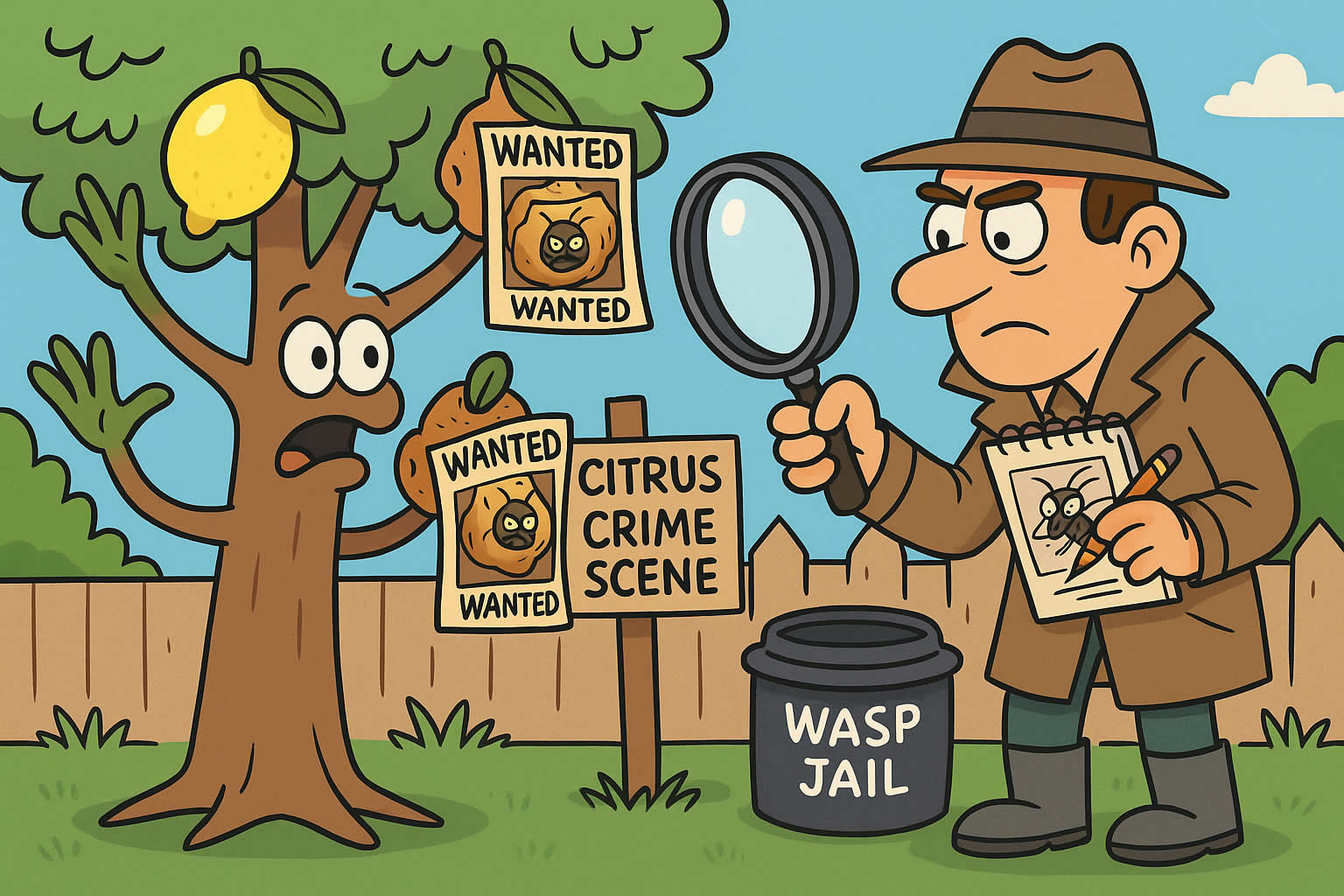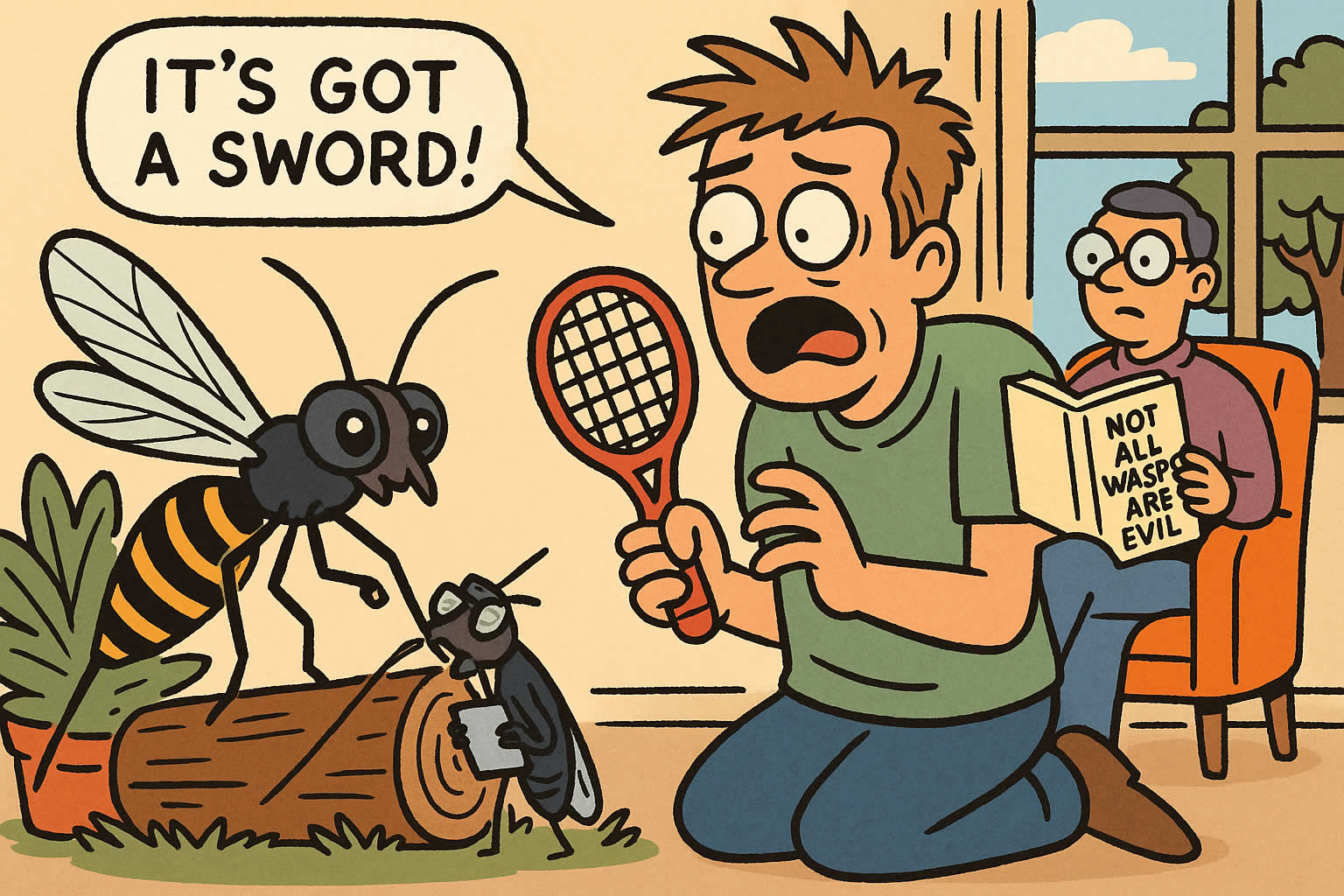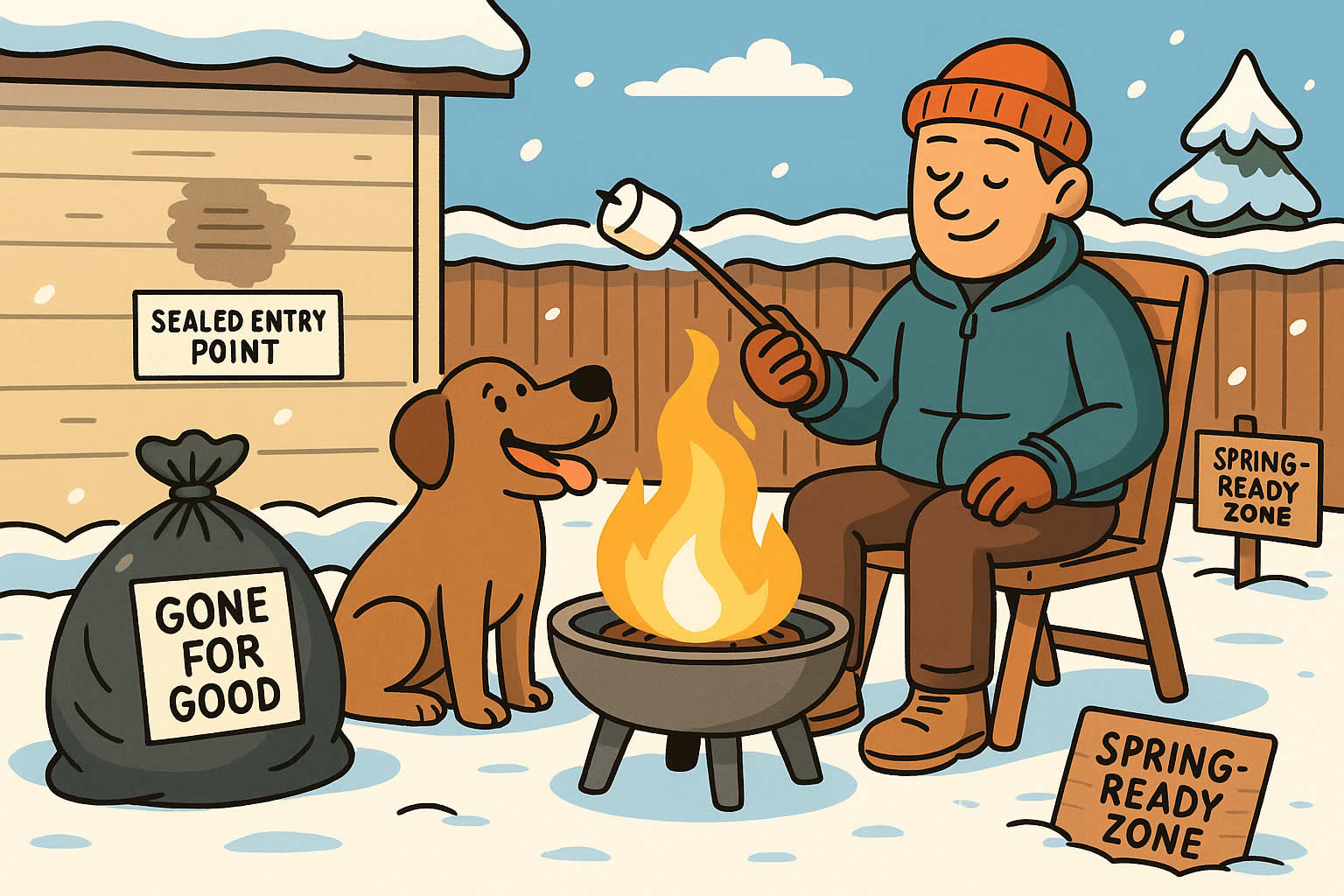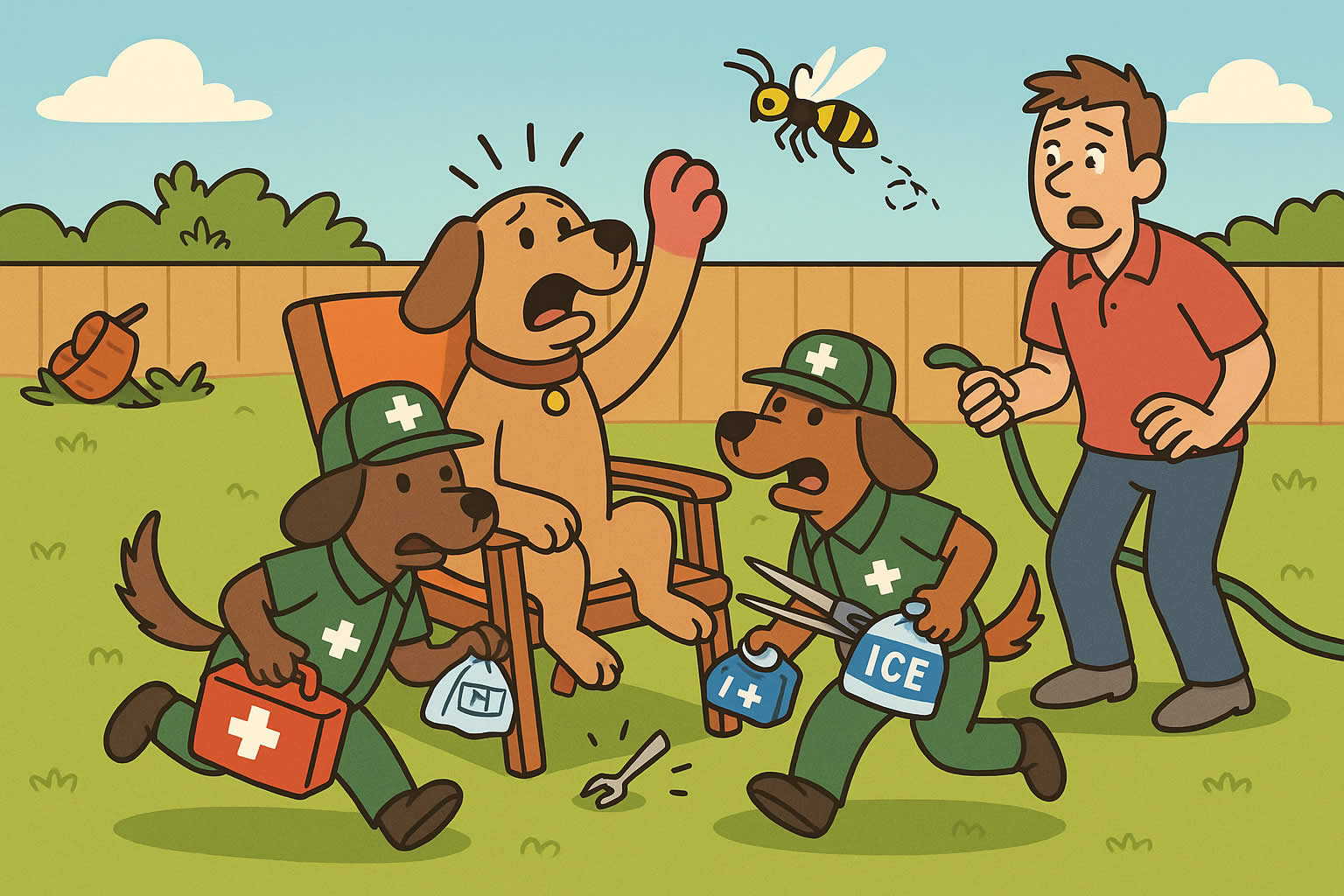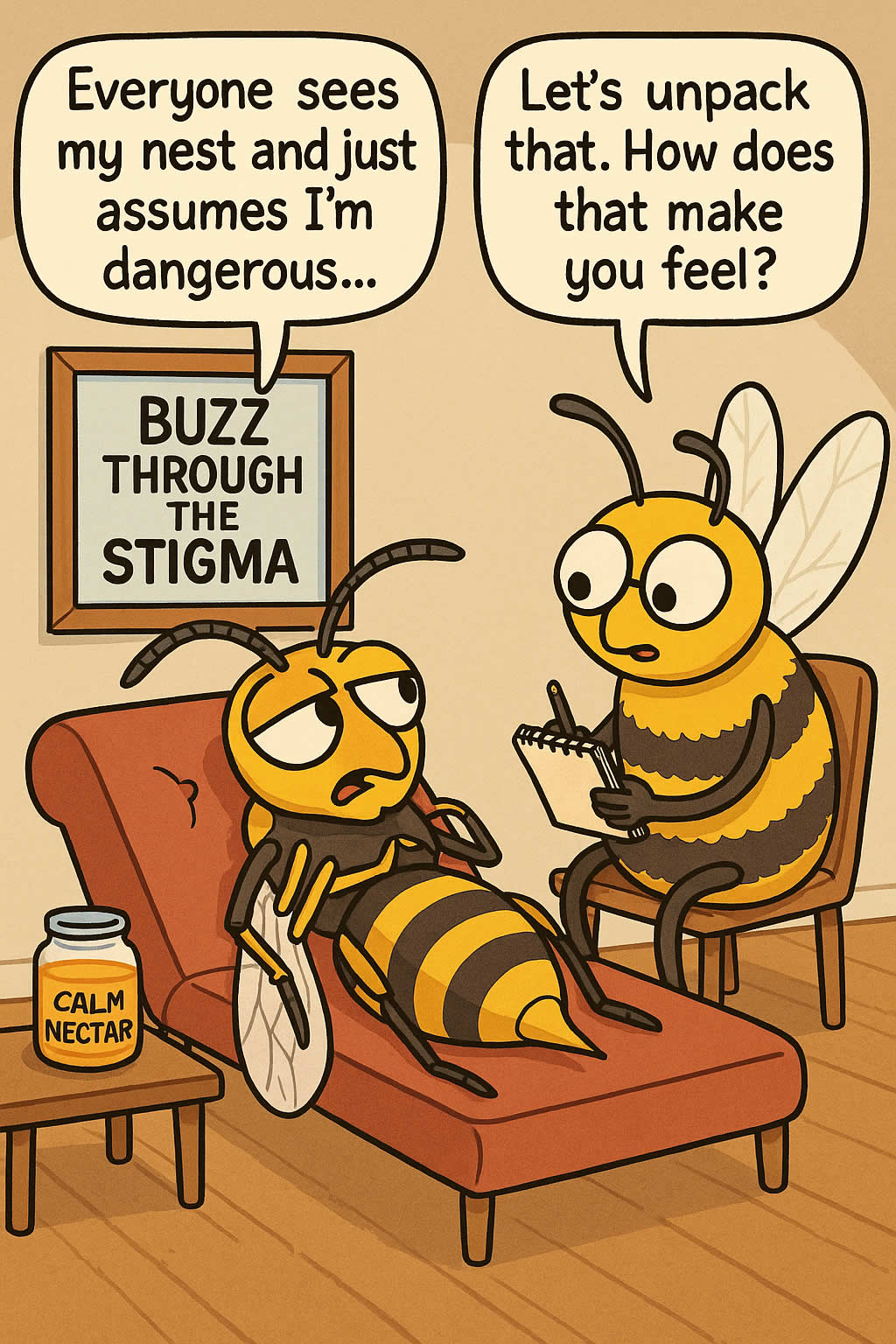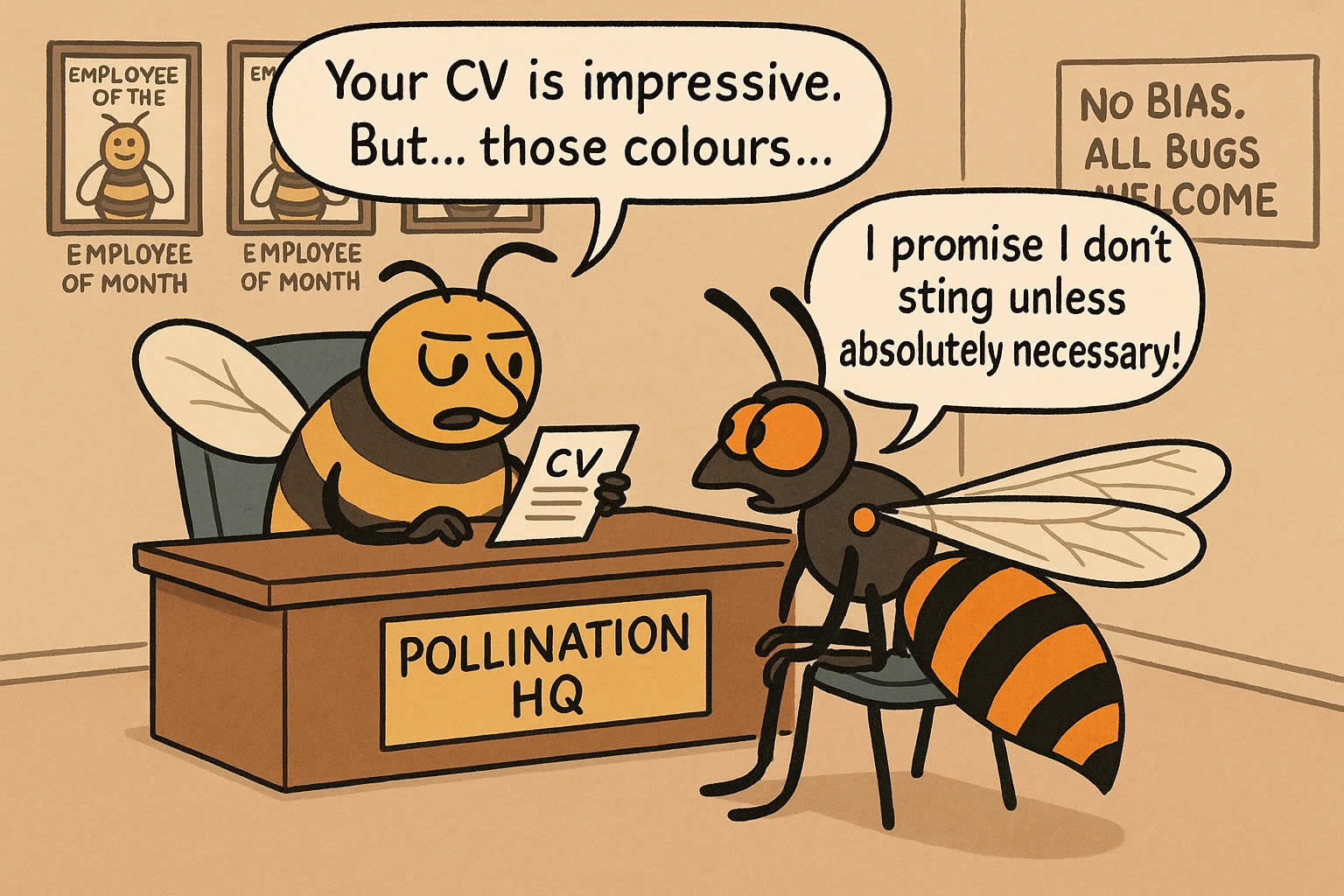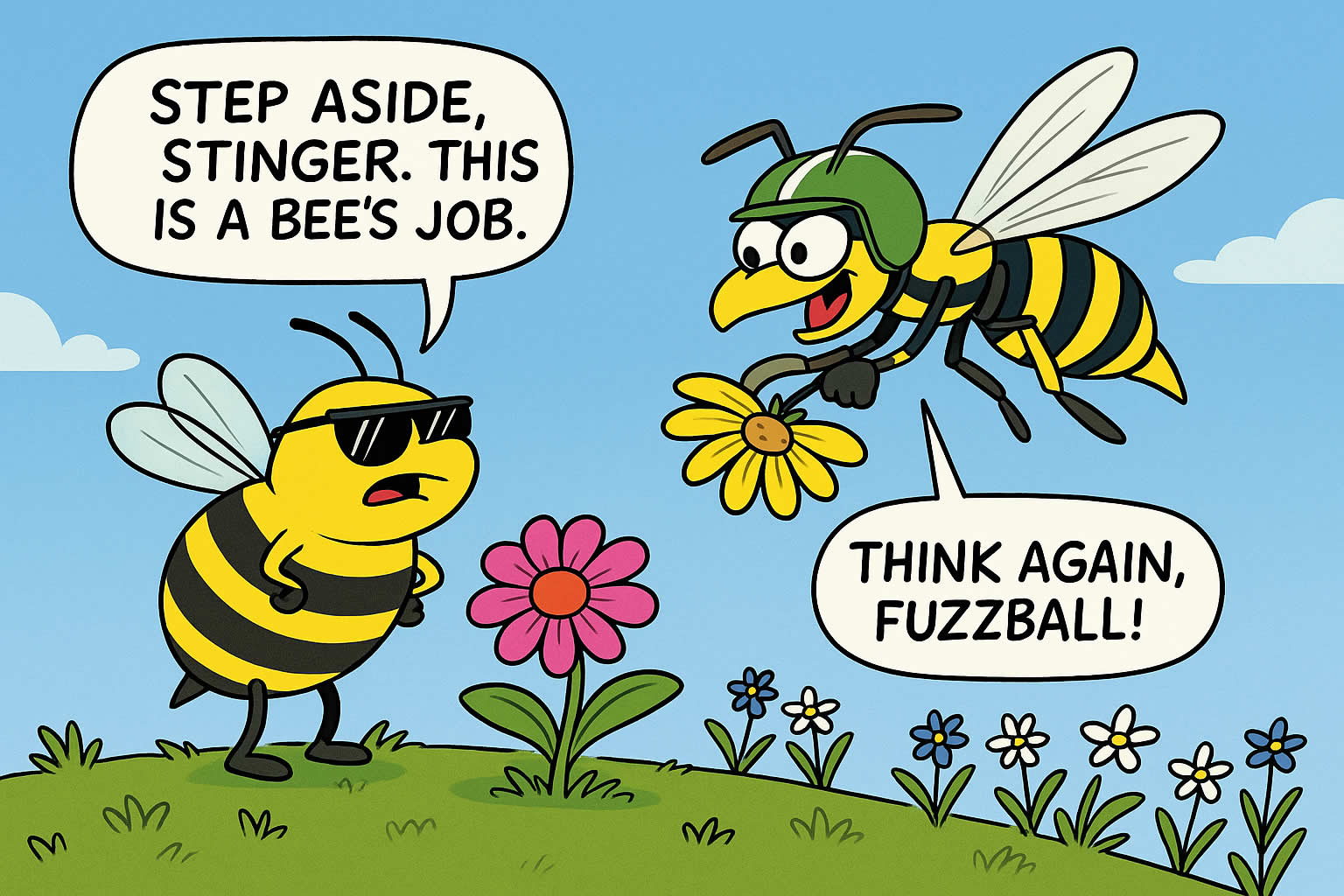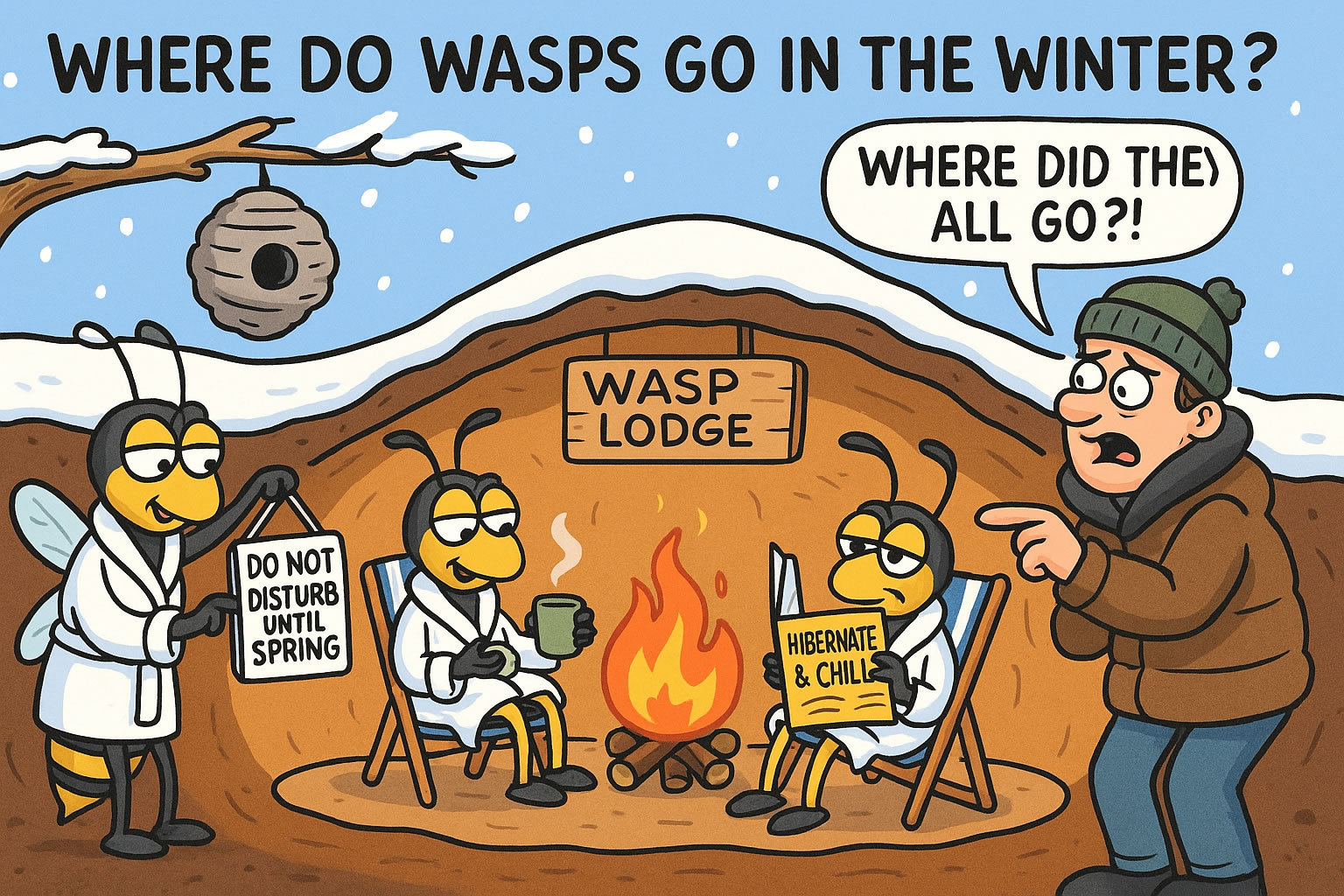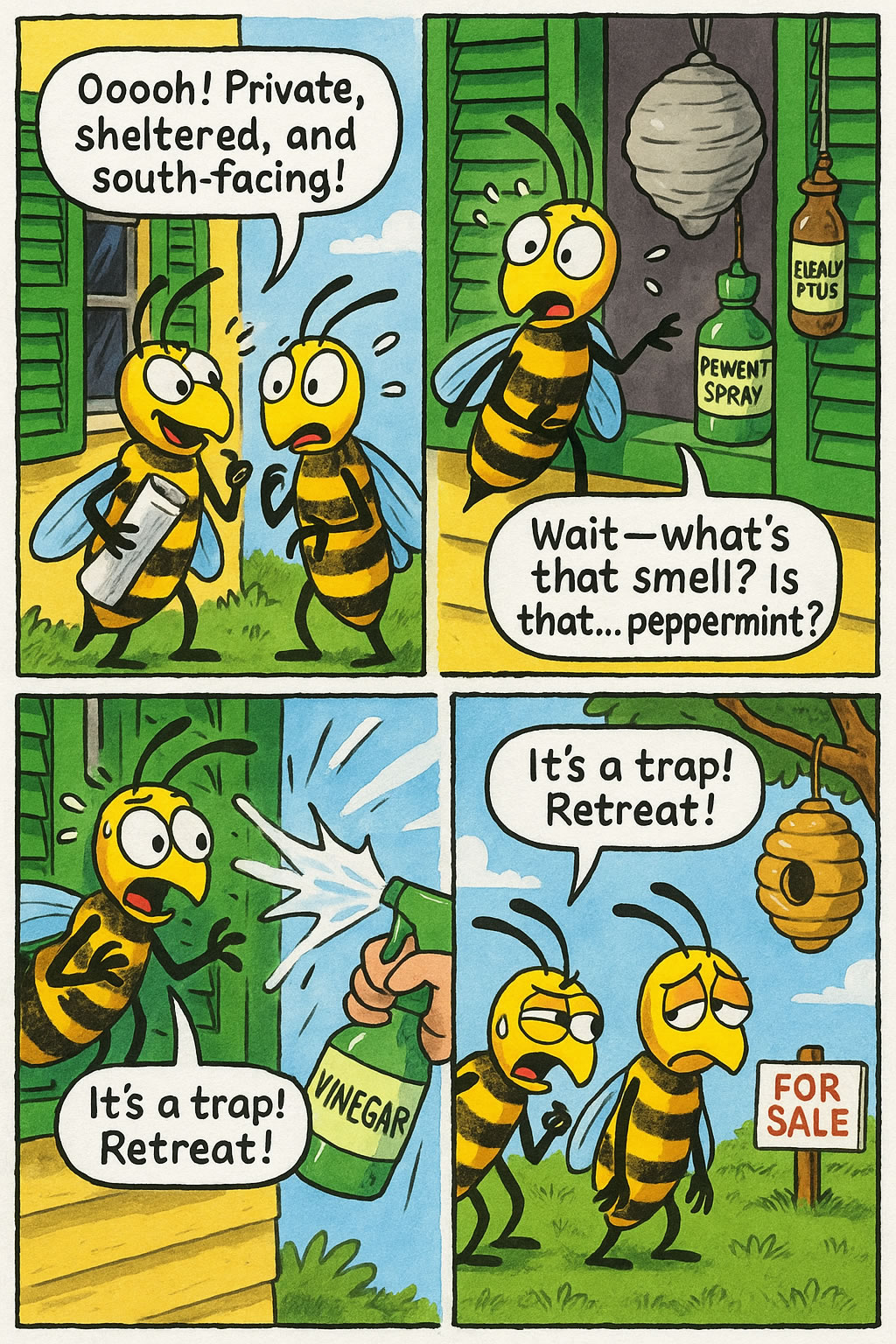Related Queries
ToggleDealing with wasps can be quite a nuisance, especially when they invade your space and disrupt your outdoor activities. If you’ve noticed an influx of these buzzing insects, you might be wondering how to tackle the problem without resorting to harsh chemicals.
One household item that has gained attention for its pest control properties is borax. Here, we’ll explore how you can effectively use borax to manage wasp infestations, ensuring your outdoor space remains safe and enjoyable.
Understanding Wasps and Their Behaviour
Before diving into the methods of using borax, it’s essential to understand what you’re dealing with. Wasps are social insects that live in colonies, and they can be quite aggressive when their nests are disturbed. Unlike bees, wasps are not pollinators; they primarily feed on other insects and sugary substances. This makes them particularly attracted to outdoor gatherings where food and drinks are present.
Types of Wasps
There are several types of wasps, but the most common ones you might encounter include:
- Yellow Jackets: Known for their aggressive nature and distinctive black and yellow markings, yellow jackets are often found near food sources.
- Paper Wasps: These wasps build umbrella-shaped nests and are generally less aggressive unless provoked.
- Mud Daubers: Recognised by their slender bodies, mud daubers are usually solitary and less likely to sting.
Understanding these differences can help you choose the most effective method for dealing with them.
Why Choose Borax?
Borax, or sodium tetraborate, is a naturally occurring mineral that has been used for various purposes, including cleaning and pest control. It’s a safe and effective alternative to chemical pesticides, making it an appealing choice for those looking to manage wasps without harmful substances.
Benefits of Using Borax
- Non-Toxic: Borax is less harmful to humans and pets compared to many commercial pesticides.
- Cost-Effective: It’s readily available and inexpensive, making it accessible for most households.
- Long-Lasting: Once applied, borax can continue to work over time, reducing the need for frequent reapplication.
How to Prepare Borax Wasp Bait
Creating a borax bait for wasps is relatively straightforward. Here’s a simple method to get started:
Ingredients Needed
- Borax Powder: Available at most supermarkets or online.
- Sugar: Acts as an attractant for the wasps.
- Water: To mix the ingredients.
- Container: Any small dish or jar will work.
Step-by-Step Instructions
- Mix the Ingredients: Combine one part borax with three parts sugar in a bowl. For example, if you use one tablespoon of borax, mix it with three tablespoons of sugar.
- Dissolve in Water: Add enough water to the mixture to create a syrup-like consistency. This will help the wasps consume the bait without drowning.
- Place in Containers: Pour the mixture into small containers or dishes. Ensure that the containers are shallow enough for the wasps to access the bait easily.
- Strategic Placement: Position the bait containers near areas where you’ve noticed wasp activity, such as near their nests or food sources.
Monitoring and Maintenance
Once you’ve set up your borax bait, it’s important to monitor its effectiveness. Here are some tips:
- Check Regularly: Inspect the bait containers daily to see if wasps are consuming the mixture. If you notice a decline in activity, it’s a good sign that the bait is working.
- Replenish as Needed: Refresh the bait every few days to keep it enticing for the wasps. Old bait may lose its effectiveness, so be sure to replace it regularly.
- Observe Caution: While borax is safer than many chemicals, it’s still wise to keep the bait out of reach of pets and children.
Safety Precautions
While using borax is generally safe, there are a few precautions to keep in mind:
- Protective Gear: When handling borax or setting up bait, consider wearing gloves to avoid skin irritation.
- Avoid Disturbing Nests: If you know the location of a wasp nest, avoid disturbing it while placing your bait. Wasps can become aggressive if they feel threatened.
- Inform Others: Let family members know about the bait placement to prevent accidental contact.
Alternative Methods for Wasp Control
If borax doesn’t seem to be effective or if you’re dealing with a large infestation, you may want to consider additional methods:
Traps
Commercial wasp traps can be effective in reducing populations. These traps often use attractants similar to the borax bait but are designed to catch wasps rather than just bait them.
Natural Repellents
Certain essential oils, such as peppermint or clove oil, can act as natural repellents. Mixing these oils with water and spraying around your outdoor areas can help deter wasps from coming near.
Professional Extermination
In cases of severe infestations, it may be best to consult with a pest control professional. They can safely remove nests and provide long-term solutions.
Are you looking for pest control in Oxfordshire? Get in touch with us and a local pest removal company will be in touch.
Our Final Say!
Using borax to control wasps is a practical and eco-friendly approach that can help you reclaim your outdoor spaces. By preparing simple bait and monitoring its effectiveness, you can manage wasp populations without resorting to harmful chemicals.
Remember to take necessary precautions and consider alternative methods if needed. With a bit of patience and persistence, you can enjoy a wasp-free environment.
Pest Removal Worcestershire – Flea Control Buckinghamshire – Bed Bug Removal Bristol
